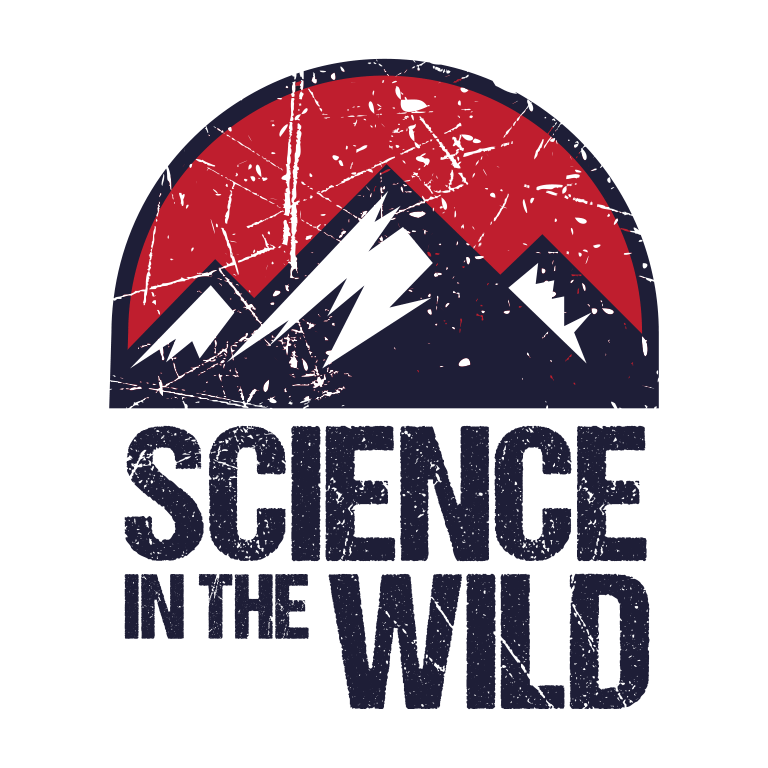As we rang in the New Year 2020, hopes were high for the start of this new decade. But here we are in the year 2022, dealing with a pandemic that has killed millions, and dealing with a rapidly unfolding climate emergency that is, literally, scorching the Earth and threatening to kill many in the not-so-distant future. Humanity, since the dawn of time, has sought to understand the world. Until relatively recently, our progress was limited by faulty perceptions and biases. That’s why modern science is such a gamechanger – it demands logic and evidence, identifying and minimizing biases. Scientists are human, so they can still make mistakes, but the process of science is meant to follow the evidence, wherever it leads, regardless of what we want to be true (or not). If people don’t understand HOW science works or WHAT makes it reliable, that leaves them vulnerable to claims that SEEM scientific, but actually fall in the realm of pseudoscience.
Why is it easy to be misled by pseudoscience? Because we WANT to believe. Pseudoscience starts with a desired conclusion in mind and then works backwards to find evidence to justify it. It also plays on our biases, making it easier to accept conclusions. For example, the healthcare system has its flaws and failings, so natural cures may offer enticing alternatives that we may fall for. When modern medicine doesn’t have the answers we need, it’s easier to fall for false hope. As a scientist, I’m always willing to experiment and try things out for my healthcare, but while following the scientific method and accepting the conclusions, whatever they may be. I’m aware of placebo effects and the tendency of emotional bias, especially when something’s so close to me, like my health. If you look hard enough for evidence to support what you believe, you may find it. But one of the reasons science is so successful is that it’s designed to root out confirmation bias. Scientists search for truth by trying to prove themselves WRONG, not right.
How do we deal with pandemics and climate change? It’s messy. It’s not easy. But we can start by educating more people about science and the process of science. There are many who won’t listen – who won’t even show an inkling of interest in science, preferring to stick with their conspiracy theories. They may be a lost cause. But look to the ones who will listen, who are curious, who are in a position to make a difference. Look to the future leaders – the children – who are inheriting a world on fire, a world not of their making – but one that they may be inspired to change for the better.

